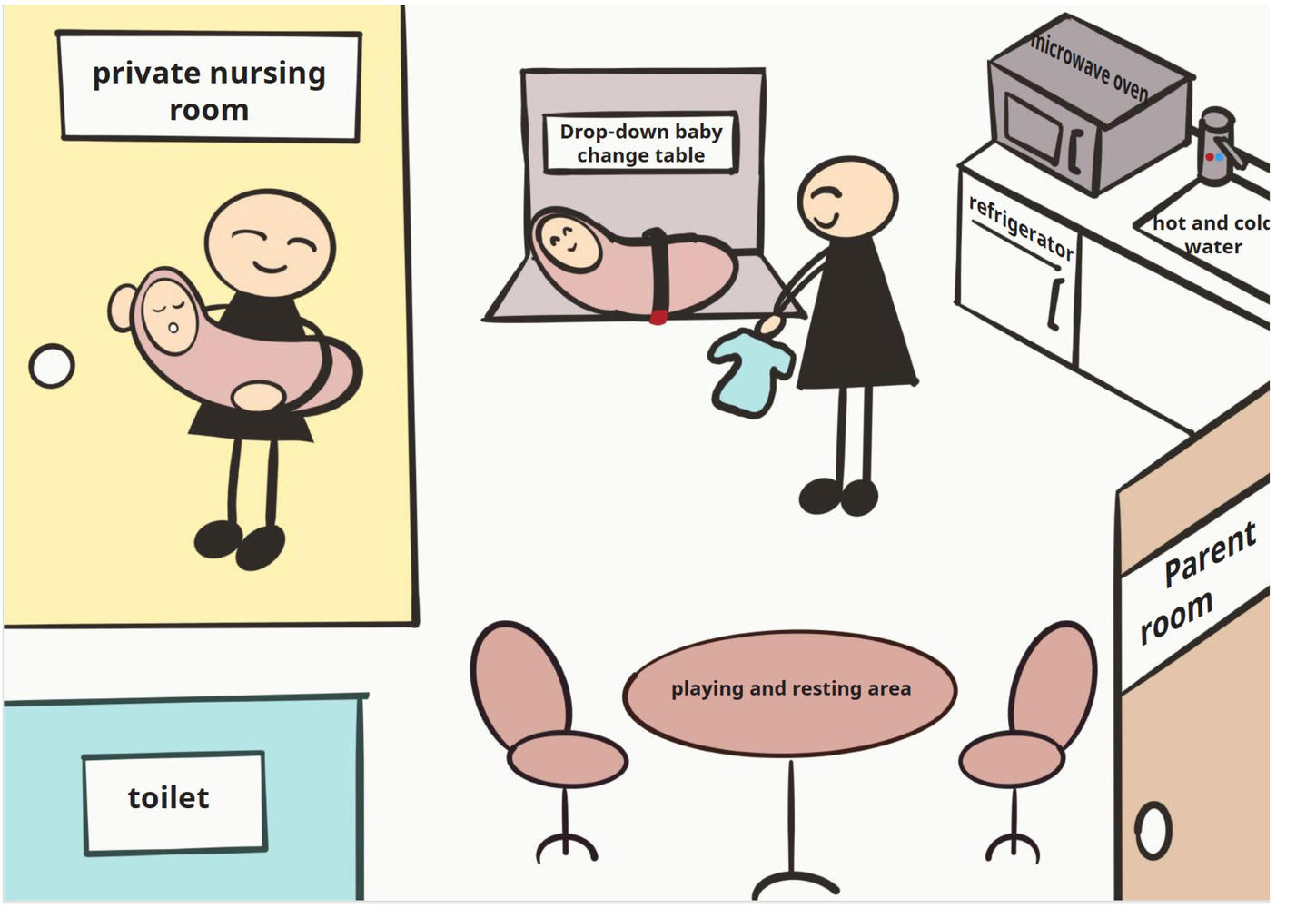Monday, 30 Nov 2020
Food Experience and Sustainability
Food production and consumption makes up 37% of the Victorian Ecological Footprint, so having a sustainable food experience was an important factor to consider when organising the onsite ServDes.2020 conference.
https://www.youtube.com/embed/SNX4_17vGOs
![]()
These design propositions aim to educate delegates about food choices and start conversations around zero-waste and sustainable futures. These self-serve type of food delivery aim to be more efficient and boost socialization between attendees:
• 100% vegetarian grazing table to allow for easy catering, management and reinforces the ServDes.2020 sustainability principles.
• Minimal single use items, such as china crockery, metal cutlery/serving platters and glassware. Crockery to be washed and a possible washing station where attendees clean their own dishes.
• Fusion bar as an interactive food experience featuring different cuisines each day, mixing different food cultures together.
• Daily seasonal food delivery from local and sustainable sources to minimize waste and incorporation of native ingredients (herbs, fruits, succulents and spices) where possible to celebrate the diverse cultures of Australia
• Fresh food made on site, avoiding the use of par-made or frozen goods
• Recycling and/or organic disposal of all food waste, which can be locally composted with food scraps
The suppliers we chose (Mabu Mabu and Mary & Steve) include local non-profit organisations that are working with people experiencing homelessness, drug and alcohol rehabilitation, long-term unemployment and social disadvantage. We also aim to work with suppliers that are family businesses, community-run and support Indigenous enterprises.
Due to COVID-19 health risks and logistical issues, ServDes.2020 are unable to take these ideas forward, but we honoured their ideas to support local food businesses and producers, especially those who work towards causes for the community.
![]()
![]()
![]()
![]()
![]()
![]()
Works by Jacob, Laita, Feitong, Stefeny, Hanna Mae, Siyang, Jiayi, Suxuan, Joe, Zedequan, Yee, Xinyu, Ping, Daniel, Ektaa, Hua, Limeng Liang, Samantha - RMIT Communication Design Students 2019-2020






























